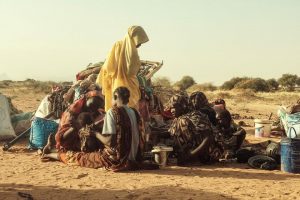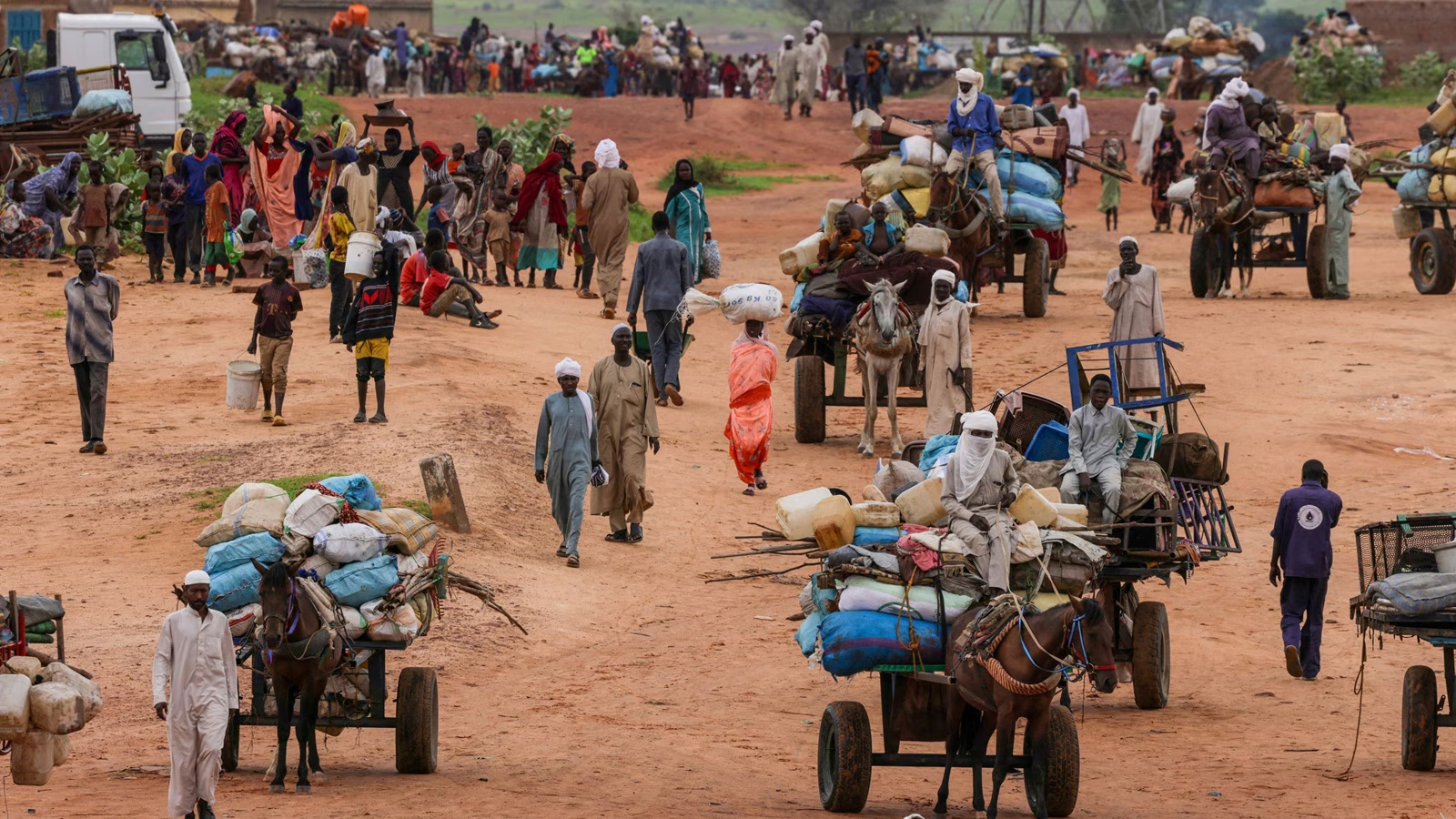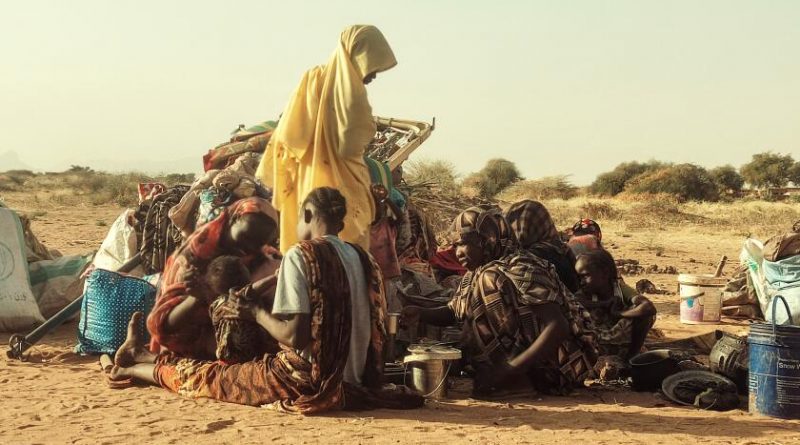Sudan’s Civil War Escalates: RSF Attacks on Displacement Camps in Darfur Leave Hundreds Dead
Aaron Stanway
Stillman Exchange Editor

In a devastating escalation of Sudan’s ongoing civil war, the paramilitary Rapid Support Forces (RSF) launched coordinated assaults on displacement camps and the city of El Fasher in North Darfur, resulting in the deaths of over 300 civilians, including at least 20 children and nine humanitarian workers, according to United Nations reports.
The attacks, which occurred over the weekend of April 12–13, 2025, targeted the Zamzam and Abu Shouk camps—home to approximately 700,000 internally displaced persons. Survivors recounted harrowing scenes of violence, including executions inside mosques, arson of shelters, and looting . The RSF has denied committing atrocities, claiming the camps were being used by army-aligned forces.
The humanitarian impact has been catastrophic. Relief International confirmed the deaths of its entire medical staff at Zamzam, including a physician and regional head, after their clinic was destroyed . The United Nations Office for the Coordination of Humanitarian Affairs (OCHA) reported that the violence displaced up to 80,000 families, exacerbating what is already considered the world’s worst humanitarian and displacement crisis.

These attacks coincide with the second anniversary of Sudan’s civil war, which began in April 2023 as a power struggle between the Sudanese military, led by General Abdel Fattah al-Burhan, and the RSF, commanded by General Mohamed Hamdan Dagalo, known as Hemedti. The conflict has since claimed at least 24,000 lives and displaced nearly 13 million people.
International condemnation has been swift. The United Nations has labeled the attacks as a deadly escalation in the ongoing violence, with Secretary-General António Guterres stating, “Indiscriminate shelling and air strikes continue to kill and maim. Markets, hospitals, schools, places of worship and displacement sites are being attacked”.
In response to the crisis, an international conference co-hosted by the United Kingdom and the European Union was held in London, aiming to rally global support for peace and humanitarian aid. The UK and EU pledged £120 million and €522 million, respectively. However, the conference faced criticism for excluding Sudan’s warring parties and involving the United Arab Emirates, accused of supplying weapons to the RSF—a claim the UAE denies.
As the conflict continues, the situation in Sudan remains dire. The RSF’s control over most of Darfur and the Sudanese military’s hold on Khartoum suggest a potential partition of the country. With famine, disease, and violence rampant, the international community faces mounting pressure to intervene and prevent further atrocities.
Contact Aaron Stanwaaa@shu.edu

